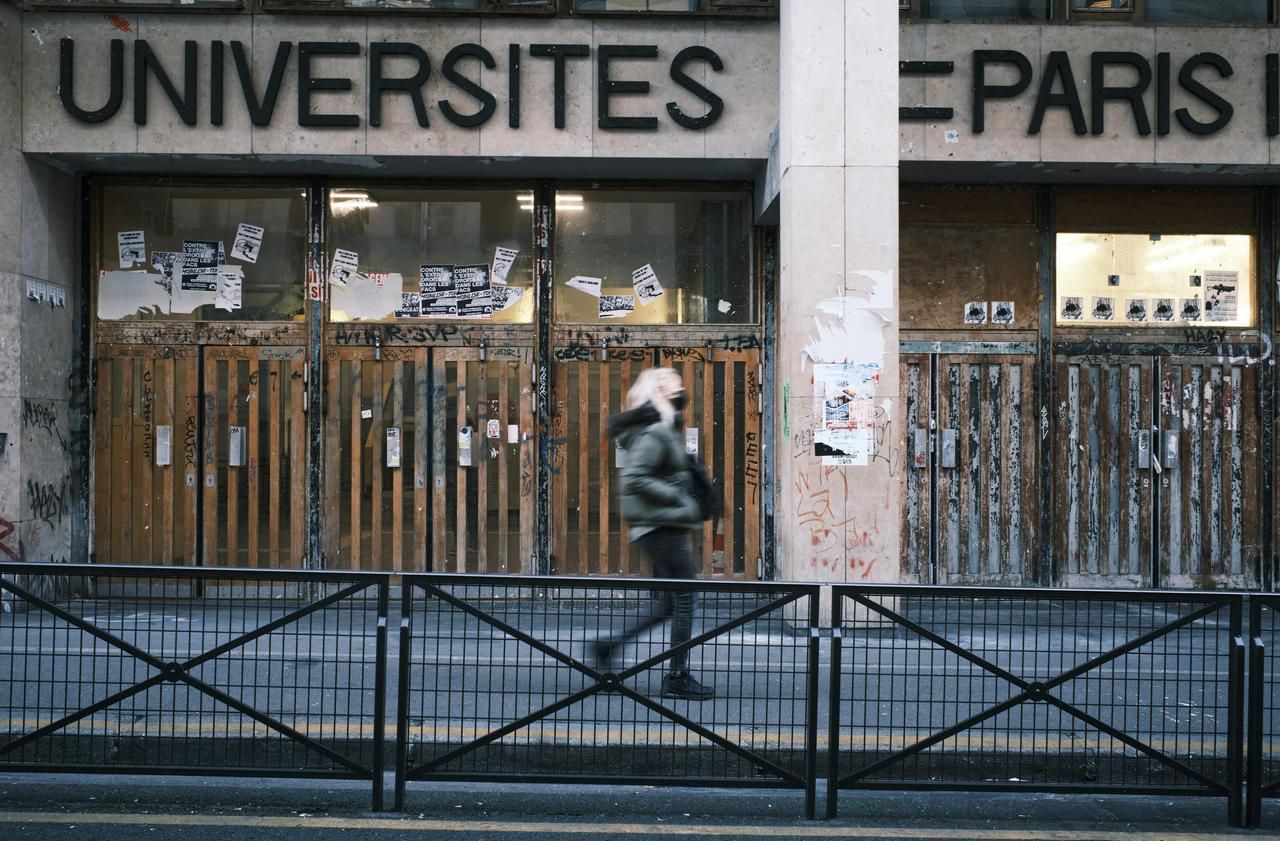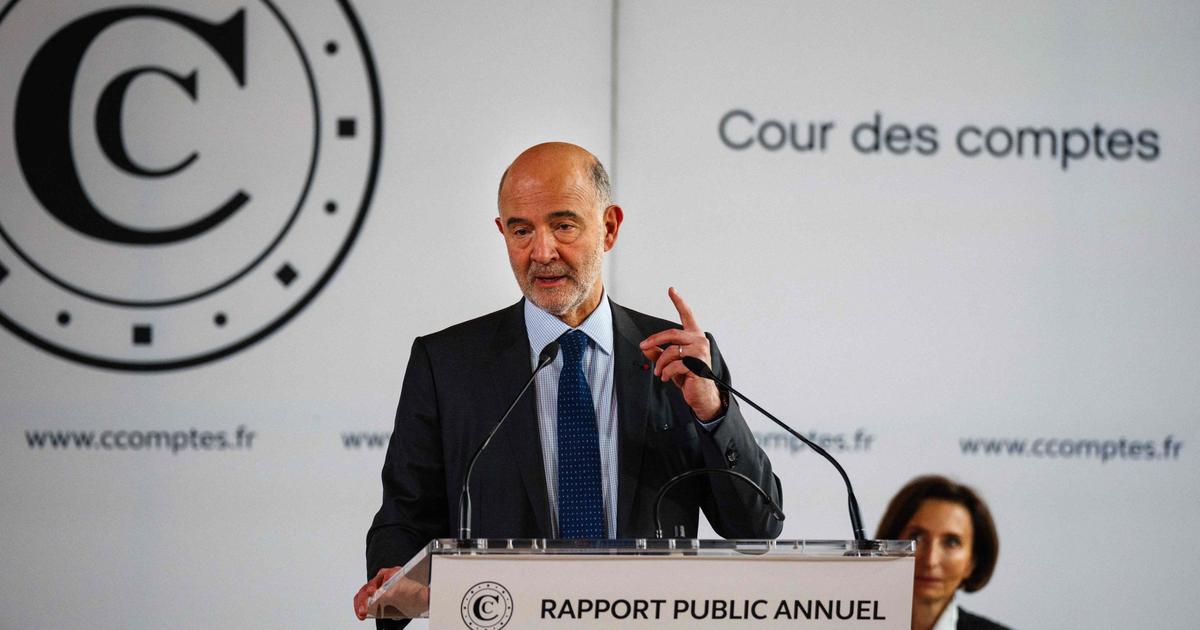Young people "are the first victims of the crisis" linked to the Covid-19 epidemic, Prime Minister Jean Castex admitted this Thursday, November 26, during his press conference on the measures to ease containment.
Hit hard, Generation Z is going through a painful period, victim of a triple penalty: in addition to social isolation with distance learning, it suffers the combined effect of the sudden disappearance of odd jobs, internships, contracts alternation and the expected surge in unemployment.
An unprecedented situation.
"Two out of five students had to give up training for lack of resources and 73% face a daily financial problem, against 56% in 2019", warns Benjamin Ducousso, founder of Wizbii, a service platform to help young people to enter the workforce.
According to its latest study, “40% of student income normally comes from odd jobs”.
Influx of student loan applications
Their financial situation could quickly become critical.
While more than 300,000 student loans are typically signed each year, professionals are expecting an influx of loan applications.
This is the case of La Banque Postale, which counts among its clients more than one million young people between the ages of 18 and 23.
"We recorded a 25% increase in student loan applications over the first nine months, compared to the same period of 2019, for an average amount of 15,000 euros," notes Franck Oniga, Chairman of the Board of La Banque Postale Financement .
"And since the deconfinement, 6% of our young customers have requested the free postponement of their monthly payments for six months", he notes.
At BNP Paribas, one of the main players in the market, “demand for loans climbed 5% in September compared to September 2019, which was already registering a strong increase,” recognizes Francis Delchier, marketing manager for the particular market.
Not all of them felt the same.
Crédit Agricole mainly records credit carryforwards, without giving any figures.
This file is sensitive for banks, faculties and private schools whose costs climb at each start of the school year.
"There are so few work-study contracts that 80% of our students opt for a loan, they were only 60% last year", notes Steeve Marcel, admissions manager at Amos Business School, a school of Parisian management.
At Néoma Business School, located in Paris, Reims and Rouen, "more than half of our 9,000 students have a bank loan, and 60% of them have 30,000 euros to repay", notes the Director General, Delphine Manceau.
These private schools would be more than 200 to know the same phenomenon.
Like many students, Camille, 20, got into debt of 14,000 euros over eight years to join a post-baccalaureate business school and took out consumer credit.
In solidarity grocery stores, demand "doubled"
This student precariousness is certainly not new - nearly one in four students already lives below the poverty line according to an INSEE study published in 2018 - but is increasing dangerously.
According to the report on poverty in France published Thursday by the Observatory of Inequalities, the poverty rate of young adults (18-29 years) has climbed by more than 50% over the past fifteen years.
Another Observatory, that of student life, is also sounding the alarm.
"The health crisis has greatly changed the situation," he warns in his latest study "Student life at the time of the Covid-19 pandemic".
While nearly one in two students works to make ends meet, she reveals that nearly six in ten have "stopped, reduced or changed their paid activity", leading to a loss of earnings of around 274 euros per month for those who had to stop their odd job.
An average to be taken with a grain of salt as the disparities are great according to the students.
However, on the ground, the demand for food aid has never been so strong.
The drop in the price of a meal in a university restaurant (Crous), reduced for scholarship holders to one euro, is not enough.
"It's very simple, the demand has doubled ... Meat, fresh products and hygiene products are the most in demand," worries Bérangère Poncet, president of the General Association of Students of Paris (Agep) and volunteer for Agoraé, a national network of twenty-four solidarity grocery stores accessible on social criteria.
Newsletter "It pays me"
The newsletter that improves your purchasing power
I'm registering
Your email address is collected by Le Parisien to enable you to receive our news and commercial offers.
Learn more
Faced with the seriousness of the needs of young people, and not just students, a complementary emergency plan was presented on Thursday by Prime Minister Jean Castex to provide them, in particular, with financial aid.









